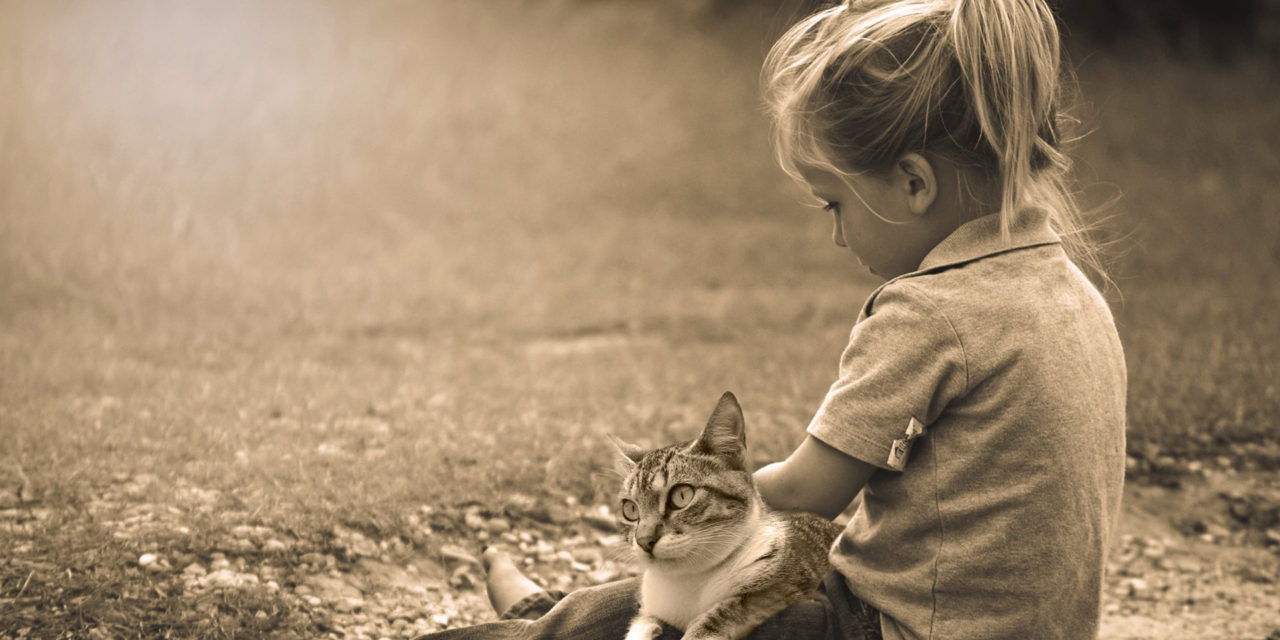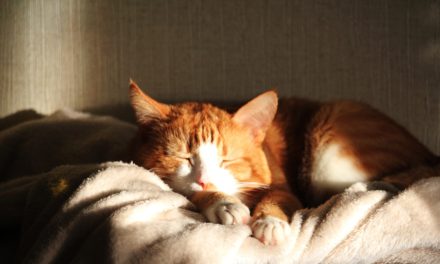If you have a pet and children this scenario may sound familiar.
You go to the pet shelter to look for a rescue cat, you pick a little kitten and your daughter and the little kitten fall in love with each other and become best friends. The little girl sits him in the eating chair, makes dolls, gives him baths and at night, she waits for him to curl up on the bed at her feet before she can fall asleep. By day, the cat follows her like a shadow. When she arrives from the daycare or grandmother’s house, “Rosie” is the first name she calls. It is not her five year old brother she calls for. Her insistence on treating the cat as a baby does not bother it at all. They are inseparable.
This phenomenon repeats itself in the same way in other homes. Kids connect deeply to their pets and a team of scientists from the University of Cambridge analyzed this connection only to conclude that no, siblings are not the best friend of a child. It’s with your pet that your child likes to be with. The fact that the animal does not speak or perceive what is said only makes it even more appealing, since their small owners do not feel judged in their eyes.
Clinical psychologists and researchers in pedagogy, confirm that a pet can indeed be a child’s best friend, with feelings identical to those of a human friendship. No matter what people call this bond, By nature of the close relationship, they are like very close relatives. Dogs, above all, see us as family members and establish a deeply affective relationship with their human beings. They help children to socialize and gain maturity. Overcoming loneliness, if any, by giving them an unconditional affection that no sibling is capable of.
And the therapeutic effects of a pet go further: A child who learns to care for a living being will easily treat his fellows better. If they have learning or socializing problems, reading and speaking to an animal helps them develop confidence by being attentive and not making value judgments. A study published in 2012 by the Journal of Personality and Social Psychology concluded that animals can compensate for the negativity of rejection experiences as well as a better human friend. They also help to improve the immune system, self-esteem, motor skills, expression of feelings and good humor. Another study at Carroll University in Wisconsin suggests that the a pet has a direct relationship to the owner’s personality: dog lovers tend to be more sociable and energetic, to follow more rules, while those who prefer cats are more nonconformist, introverted and sensitive.
Animals show their feelings openly and publicly for all to see. Scientific advances are validating what intuition has already told us: they feel joy, sadness, pity, and many other emotions like us. This is due to the fact that they are highly social, with an unquestionable link to the owner and able to interpret us better than we do to them. They are incredible friends for life. Which leads us to think that there is nobody better than animals to teach children – to teach us all – to be better people.














Leave a Reply